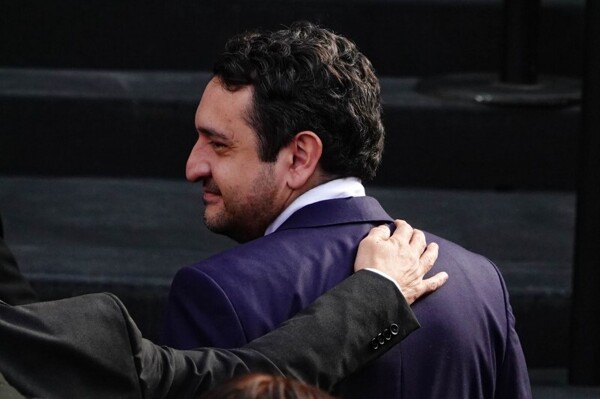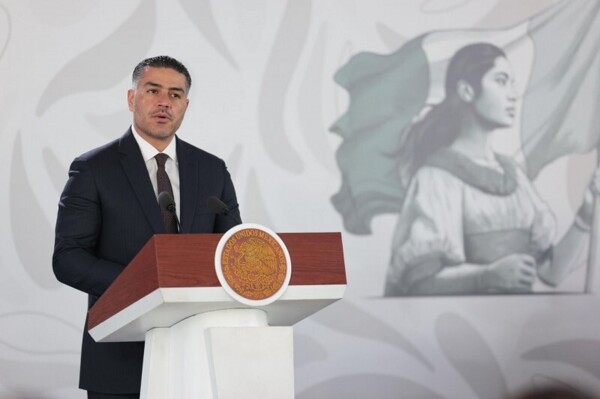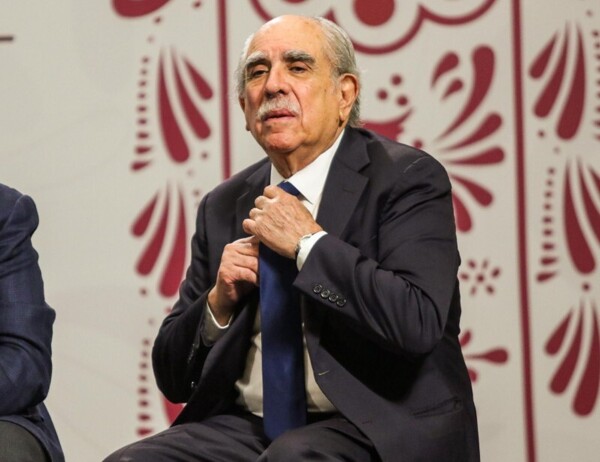
The plebiscite positions itself as a binding instrument on the condition of having the participation of 30% of the registered electorate in the state or municipal list. After the entry into force of the Citizen Participation Law, the next step is socialization, as detailed by Waltter López, spokesperson for the Queretan Front for the Right to Non-Discrimination and the Secular State. He emphasized that the year 2025 will be dedicated to publicizing the new participation mechanisms and how to implement them.
Municipalities have 60 days to draft the implementation regulation of the law. It is noteworthy that civil organizations have a prototype regulation to accelerate this process, with the aim of facilitating participation without imposing limitations. According to López, it is essential that this regulation promotes inclusion.
He emphasized the importance of training the people responsible for drafting these regulations, as well as the legal offices and other operatives involved in the process. This milestone arrives almost 5 months after its approval by the local Congress, celebrating that Querétaro has positioned itself as an entity with solid legislation in this matter.
This transformation began with the work of the youth collective “Hoy Por,” marking the starting point on a continuous path of improvement. Soon, other mechanisms will be explored, such as recall elections, indigenous consultations, open parliament, and specific consultations for children and adolescents.
Among the new possibilities that open up for citizens from this moment, the following stand out: request for Plebiscite, Referendum, Citizen Initiative, Neighborhood Consultation, Public Works with Citizen Participation, Citizen Participation Councils, Citizen Observatories, Participatory Budgeting, Citizen Dialogue, Public Hearing, and Open Cabildo.
It should be noted that the Citizen Initiative cannot be applied in cases involving restrictions on human rights, creation of municipalities, internal regulation of the Executive, Legislative, and Judicial powers, internal regulation of the City Councils, tax or fiscal matters, and modification of the terms of office of elected authorities.
To request public hearings, the state requires 200 signatures of citizen support, while in municipalities, the minimum is 50 people.














